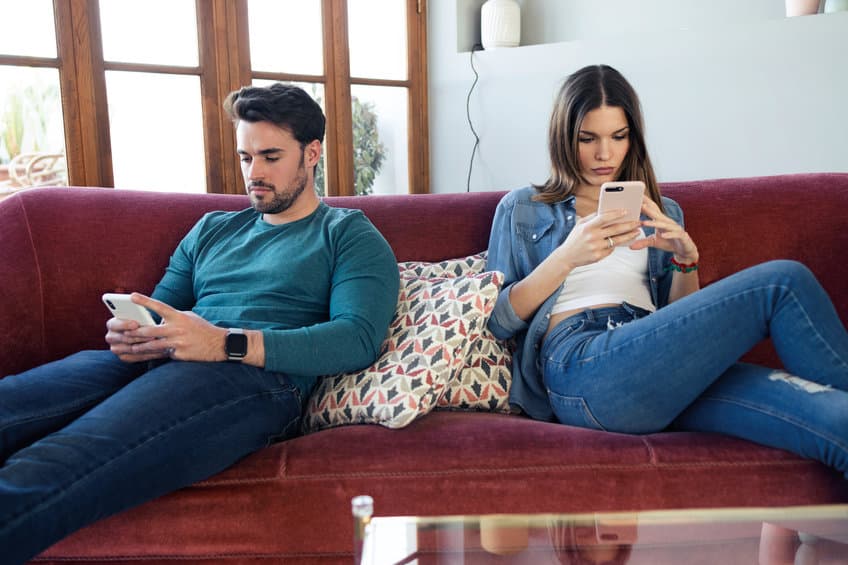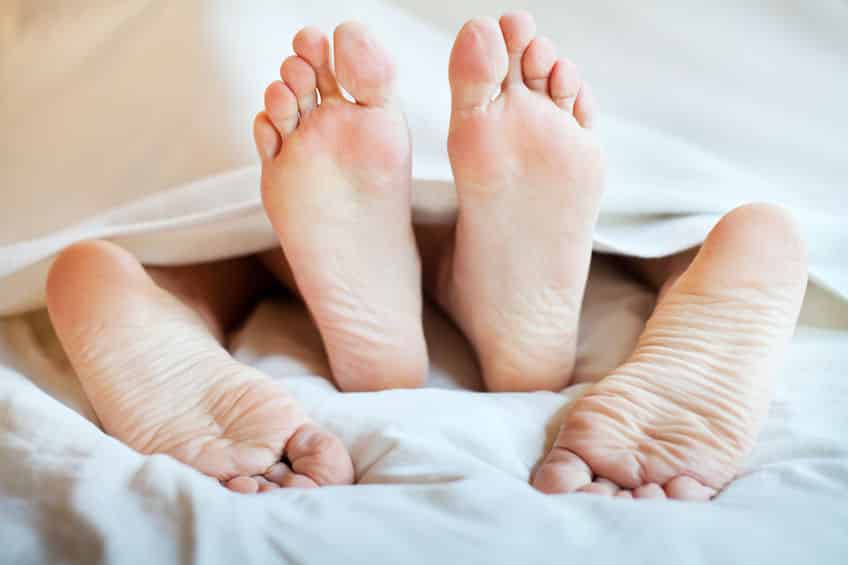By John Salak –
It’s been going on for years, even if the perpetrators and their victims didn’t know what to call it. Phubbing. It’s ugly, widespread and most of the people reading this have been victimized repeatedly. Not sure what phubbing is? It is a contemporary social crime that occurs when someone ignores their companion to concentrate instead on their cellphone.
Yeah, its rude, annoying and painfully commonplace. Now, however, the University of Georgia (UGA) has discovered that phubbing can result in serious social and emotional repercussions for victims, while also indicating that phubbers may be hauling around a trunk load of issues.
Not surprisingly, the researchers found a connection between depression and social anxiety and the increase in phubbing. They explained that depressed people are likely to phub their friends more frequently. In addition, socially anxious people tend to shy away from personal interaction in favor of online connections via their phones. Those battling personality traits such as neuroticism may also gravitate to phubbing, according to the UGA study.
“And of course, some people who have high social anxiety or depression are more likely to be addicted to their smartphone,” said Juhyung Sun, lead author on the Georgia study.
The research also underscored the invasive nature of technology and how quickly society is willing to accept those consequences.
The Georgia-based research is just one of several studies that warn phubbing can significantly damage business and personal relationships by signaling the person being phubbed is not worthy of primary attention. This can lead to frustration, anger and emotional distress that threatens to severely diminish any relationship’s strength. It can even make some phubbers feel guilty, further complicating relationships.
Yet another bit of research reports that marital phubbing results greater levels of depression for both spouses.
The disregard is more than just cute or curious, it is chronic with up to 50 percent of smart phone users reporting they phub up to four times a day.
“I observed that so many people use their phones while they are sitting with their friends at the cafe, any dining time, regardless of the relationship type,” Sun added.
Okay, beyond have social or anxiety issues, why do people phub? The UGA team believes people have become addicted to their cell phones and are unreasonably attracted to pop up screens, buzzes or any signal from their cell.
“People are really sensitive to their notifications. With each buzz or sound, we consciously or unconsciously look at our phones,” she said. “It’s ironic that while so many people believe that phubbing behavior is rude, they still do it.”
The UGA researcher added that who have “agreeableness as a personality trait” are likely to phub because they want to be cooperative, polite and promote social harmony.
Given that phubbing undoubtedly is on the rise, can it be controlled? Self-awareness is apparently one key. Individuals first must recognize if they are a phubber. Critical tells include chronically conducting two conversations at once; always bringing a cell phone to dinner or a social event; and not being able to make it through dinner without checking a cell phone.
What’s the cure? Three places to start include making meals a no-cell zone, not taking a cell everywhere, and challenging yourself not to grab the cell everyone time it buzzes, vibrates or bings.










